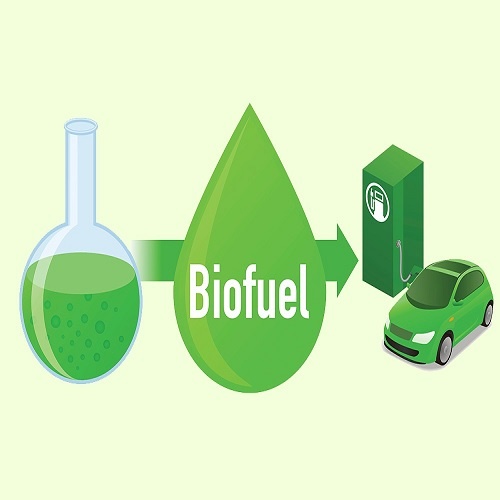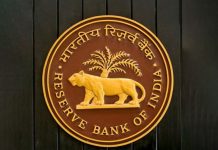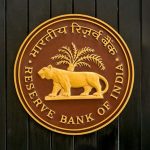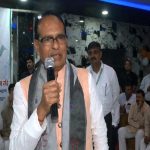Davos (Switzerland): India stands out when it comes to biofuels and green hydrogen space, said Union Minister Hardeep Singh Puri, supporting his argument by saying that the country has both demand and production capabilities.
“Green hydrogen will succeed in countries where there is a local demand, there is local production, and there is local consumption, and India stands out (in all these),” Union Petroleum Minister Puri said at a session themed ‘Can India Seize its Moment?’ during the ongoing World Economic Forum in Davos, Switzerland.
“Whether it’s biofuels or green hydrogen, the India story stands out,” the minister added.
Faced with pressure on crude oil during the pandemic and the subsequent geopolitical crises, India under Prime Minister Narendra Modi assured availability and affordability, he said.
Despite challenges, India didn’t undermine its commitment to sustainability, Puri noted.
India committed to an ambitious five-part “Panchamrit” pledge at COP26, held in 2021. They included reaching 500 GW of non-fossil electricity capacity, generating half of all energy requirements from renewables, to reducing emissions by 1 billion tonnes by 2030. India also aims to reduce the emissions intensity of GDP by 45 per cent. Finally, India commits to net-zero emissions by 2070.
India, the world’s third-biggest oil importer and consumer, is dependent on crude oil from various sources in the global market to meet its domestic demand.
The Union Cabinet in early January 2023 approved the National Green Hydrogen Mission, aiming to make India a global hub for such technologies’ production, utilisation, and export. The setting up of new renewable energy projects will in the long run help save India’s exchequer, besides making the country self-reliant in energy.
About India’s demand outlook for energy, he said the consumption is growing at three times the global average and will account for 25 per cent in the next decades or so.
“If you look at the global scenario today, India’s consumption is growing at three times the global average. In the next 20 years or so, India will account for 25 per cent of the energy demand globally,” the minister had said earlier this week at the WEF.
About India’s overall economic outlook, he noted that forecasters have painted a good picture for India.
“India is not just transitioning from being the tenth largest economy to the fifth largest economy. India has grown by 7.2 per in the last three quarters. The coming quarters and the next year, all the forecasters and all those who make their professional duties to assess evolving situations paint a good picture,” Puri said.
Taking ahead the debate on India’s growth, the Union Information Technology Minister said in the same session that the last decade has seen a significant structural shift in India’s economy.
The growth was underpinned by four basic pillars — to improve productivity and efficiency in the economy, inclusive growth, focus on manufacturing, simplification and removal of archaic laws, he said.
“He (PM Modi) has always kept the people at the bottom of the pyramid as the focus of his growth story,” minister Vaishnaw said, referring to the large-scale opening of bank accounts which brought millions under the formal financial system, housing for all, tap water and gas connections.
“More than 1,500 archaic laws on the statute book have been repealed, many of the colonial era laws and procedures have been totally removed, and more than 30,000 compliances have been removed. It’s a government which listens with an open mind,” he added.
Union Minister for Women and Child Development, as part of her intervention during the session, contended India stands out in the world.
“The India story is to the world is that we are in the business of building businesses, but we are also in the business of saving lives,” she remarked.
“When you deploy clean fuel to 110 million poor women, you not only engaged them in a sustainable way of life but you have saved 400,000 deaths. And I think that’s where India stands out,” she added.
(With inputs from ANI)













The excellent presentation by Each of the Minister Highlighting the Acheivements and Roadmap of the future commitments of Bharat in fullfili the commitment of COP 28.
The Vision of our Prime Minister Modiji who relentlessly works for the welfare of his country and also uplifting the underdeveloped countries, his commitment to establish the principles of Vasudeva Khutumbhakhum.